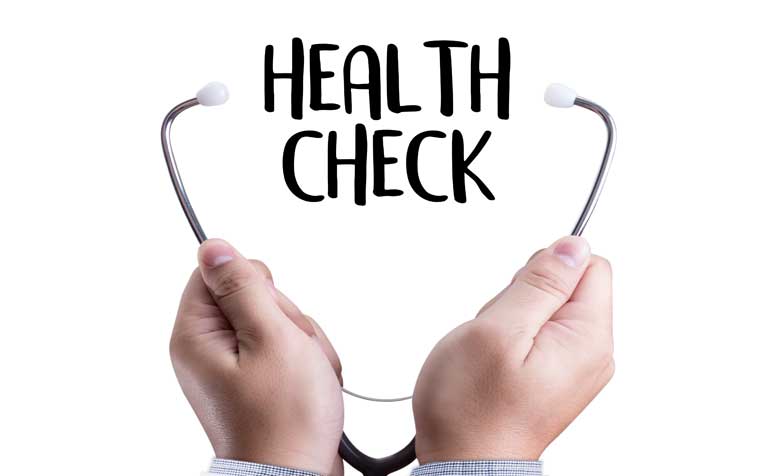The American Cancer Society is changing how it develops and recommends screening guidelines
The debates over screening for diseases such as breast and prostate cancer often include dueling guidelines, including those from the ACS and the U.S. Preventive Services Task Force.

The ACS says it has changed its methods “to create a more transparent, consistent, and rigorous process for developing and communicating guidelines. ”And “they will align with principles laid out in two reports — see here and here — from the Institute of Medicine”, the ACS says.
One of the major changes is a switch in who will write the guidelines. The group has relied on ad hoc cancer screening guidelines groups that vary in size and composition but typically include specialists as well as experts in treatment, epidemiology and primary care, the ACS writes in the Journal of the American Medical Association.
Now it will rely on a single group made up of 12 members serving five-year terms. It will include one patient advocate; the rest of the members will be “generalist health care professionals and clinical and population health care professionals with expertise in the interpretation of evidence regarding benefits, limitations, and harms of clinical interventions,” the ACS says.
In other words: no specialists will be involved in the writing of screening guidelines. They will, however, offer input to the group.
Other changes include commissioning independent evidence reviews as the basis of guidelines and a formal external review process that will allow other groups and experts to comment on the guidelines before they’re published. That, the ACS says, will help people understand differences between guidelines from different groups.
Guidelines will be updated at least every five years, and more frequently if new evidence emerges, the ACS says. Last year, the USPSTF started using a new process for finalizing its own recommendations; it now posts a draft form of the guidelines on its website below and allows a four-week public comment period. Those comments are considered before the recommendations are finalized.
One of the calls by critics of the USPSTF’s breast-cancer screening guidelines was for more transparency in the process by which the group develops its recommendations.



